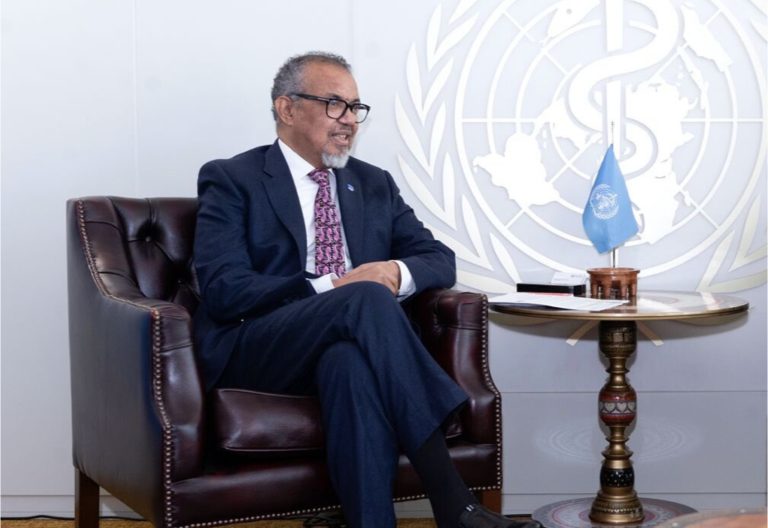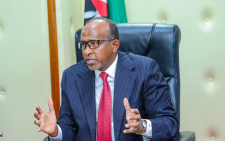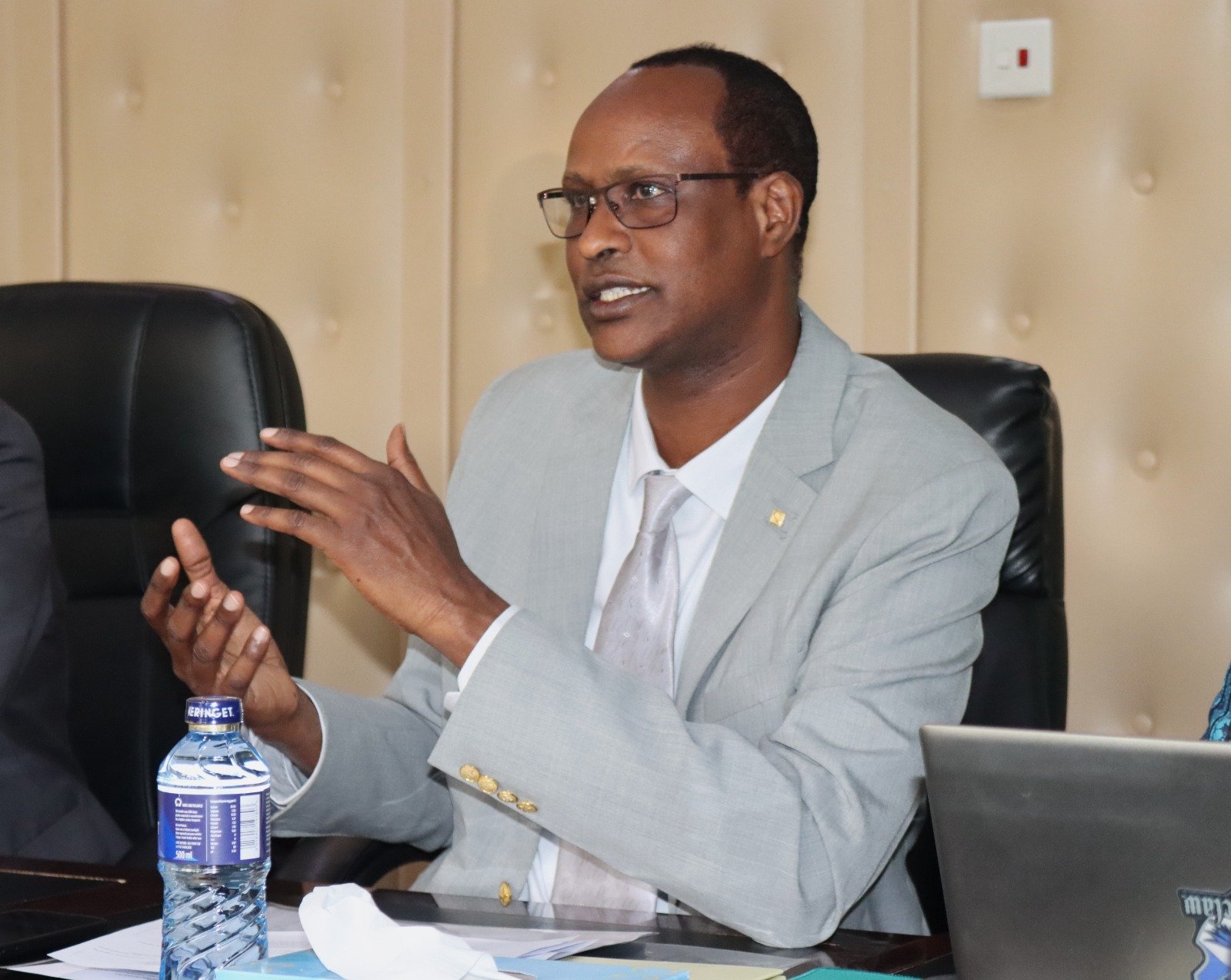Report: Investing intelemedicine can save lives from NCDs

Investing an additional Ksh30 per patient annually in digital health interventions such as telemedicine, mobile messaging and chatbots, can help save more than two million lives from noncommunicable diseases globally over the next decade, a new report now reveals.
According to the new report released jointly by the World Health Organisation (WHO) and the International Telecommunication Union (ITU), this investment could also avert approximately seven million acute events and hospitalizations, significantly reducing the strain on healthcare systems around the world.
The report entitled “Going Digital Non-communicable Diseases: The Case of Action”, notes that while over 60 per cent of countries have developed a digital health strategy, there is often a lack of integration of new technologies into the existing health infrastructure.
“The future of health is digital. We call on governments, partners, and donors to come together, invest strategically, and ensure that these life-saving innovations reach those who need them most,” observed WHO Director-General Dr Tedros Adhanom Ghebreyesus.
Non-communicable diseases (NCDs), such as cardiovascular diseases, cancer, diabetes, and chronic respiratory diseases, are responsible for over 74 per cent of global deaths annually, many of which are preventable.
Four major risk factors linked to our everyday environment – tobacco use, unhealthy diet, the harmful use of alcohol and physical inactivity – drive responses in our bodies that also increase risk.
These results in raised blood pressure, obesity, raised blood glucose and raised cholesterol. According to WHO, digital tools, including mobile messaging and chatbots, can support individuals to understand their modifiable risk factors and encourage them to develop healthier habits.
“We call for greater collaboration between the health and tech sectors, including the development of strong digital public infrastructure, essential for the delivery of digital health services that can benefit people everywhere without leaving anyone behind,” said ITU Secretary-General Doreen Bogdan-Martin.
According to the report, people living with non-communicable diseases require regular monitoring and continuous management, and many need long-term and specialized care.
Digital tools such as telemedicine can help them to overcome barriers to accessing healthcare. Real-time data and tools for healthcare professionals can also help them make informed decisions about their patients.
The report calls for countries to invest in digital public infrastructure, and promote standards and interoperability, which can overcome critical barriers to realizing the full potential of digital health












